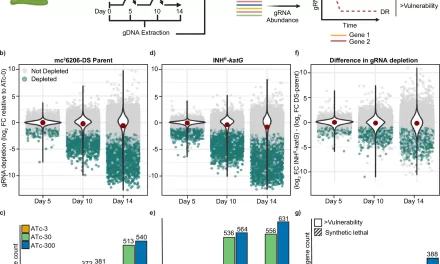A new study by Martin Luther University Halle-Wittenberg (MLU) and the Federal Institute for Vocational Education and Training (BIBB) has shed light on the significant role of humour in the daily lives of medical assistants (MAs). Published in the journal BMC Primary Care, the research indicates that a well-timed dose of benevolent humour can substantially enhance job satisfaction and overall well-being among MAs.
In their survey of over 600 MAs, the researchers explored how different styles of humour impact job satisfaction and workplace dynamics. They found that MAs who preferred light, well-intended humour reported higher levels of job satisfaction and received more positive feedback compared to those who leaned towards darker forms of humour, such as sarcasm.
“Medical assistants are in constant interaction with patients, managing a wide array of responsibilities amidst considerable stress,” explained Julia Raecke of BIBB, a doctoral candidate at MLU. “Our study underscores the importance of humour as a coping mechanism in healthcare settings.”
The findings revealed that MAs who embraced positive and benevolent humour not only felt more competent in their roles but also perceived their work as more meaningful. Surprisingly, while darker forms of humour like satire showed no direct negative impact on well-being, cynicism and sarcasm were associated with decreased job satisfaction and morale.
“Understanding these nuances can inform how we support MAs in their professional development,” noted Professor René Proyer, a psychologist at MLU. “While occasional sarcasm among colleagues may alleviate tension, promoting positive humour can foster a more supportive and engaging workplace environment.”
The study’s insights are expected to influence future training programmes for MAs, potentially enhancing their social and emotional skills through targeted interventions. Julia Raecke is currently investigating the efficacy of online training in further bolstering these critical competencies.
Funded by the Federal Institute for Vocational Education and Training, this research not only highlights the therapeutic benefits of humour in healthcare but also advocates for its thoughtful integration into everyday interactions, ensuring a more empathetic and effective patient care experience.












